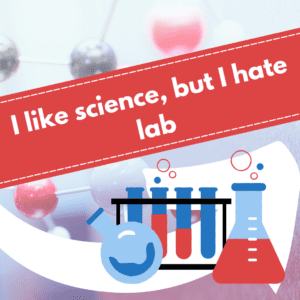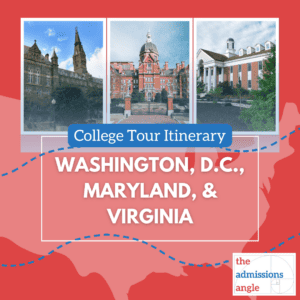
Best Math Summer Programs for
High Schoolers 2023
Summer programs are back in full swing, and if you really love math, you’re going to love the programs on our 2023 list. For students who don’t feel adequately challenged by math instruction at school, the summer is a great time to delve into a number of fascinating topics beyond the high school curriculum.

By ALEX LOVELESS
There aren’t many new players in the math camp arena from year to year, and the top programs are well-established, so the list remains mostly the same as in previous years. But we did make a few adjustments to more directly consider the format of the program and its value. Overall though, make sure to keep in mind our general advice for summer programs: most programs provide little to no admissions value and are quite expensive.
One major change to this year’s list is at the bottom of this article, where I’ve added bonus math summer programs that are not ranked because we don’t have much experience with them. These programs should be mostly seen as mathematical enrichment opportunities rather than experiences that will definitely improve your chance of acceptance to competitive colleges.
Math summer programs are really great opportunities to go beyond your high school math curriculum and tackle difficult mathematical quandaries. The best place to see what I mean by this is in the applications for many of the math programs at the top of this list. Many programs require that students solve a challenging problem set. These problem sets can be extremely difficult, especially for the more competitive programs, and are often more difficult than problems you’ll find on the SAT/ACT Math sections or even the AMC 10/12 exams. These problem sets are usually released at a certain date and applicants are given a limited time window to solve and submit their solutions. They are used as admissions criteria to see how a student thinks, even if they can’t solve some of the most challenging problems, so it’s important that student show their scratch work in any attempts to solve problems as well. The scratch work also helps prove that a student reached a mathematical solution on their own.
Besides the transition back to in-person experiences for most programs, one of the bigger trends that I’ve seen is an across-the-board increase in tuition fees. Besides a couple of programs, almost every program increased their costs for the program. This is likely to try to keep up with the extremely high inflation of the last year, which has made everything less affordable for families across the US. For this reason, I’ve made sure to indicate whether or not a program offers financial aid, and I encourage students to apply for aid to reduce the burden of some of these high costs.
This list is in no way an exhaustive list of all the math summer programs out there though I’ve expanded the list to include programs that I don’t have enough experience with to rank. As always, I’ve tiered the programs into four categories: S-Tier, A-Tier, B-Tier, and C-Tier so that you can get a better idea of the competitiveness and admissions value of each program.
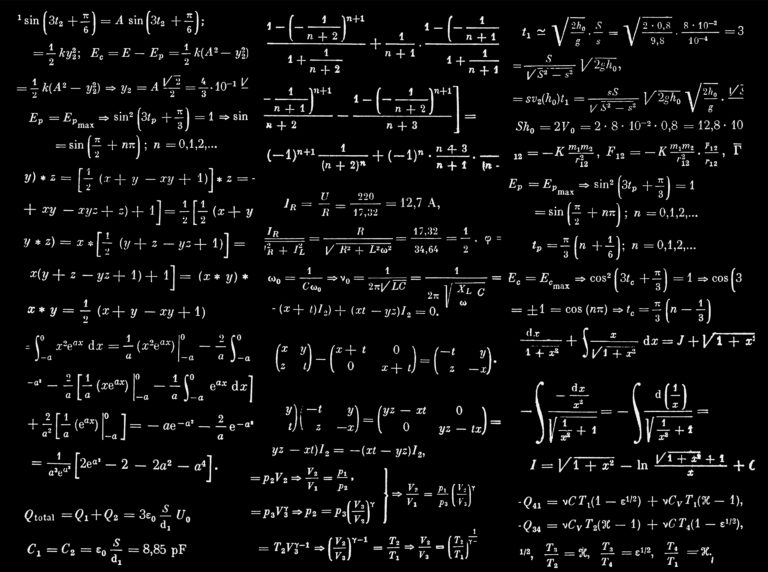
S-Tier: Must Go If Admitted
1) MOSP (Math Olympiad Summer Program)
Program Dates: TBD Summer 2023
Registration deadlines: AMC 10/12 exams were held in November 2022.
Cost: Free
International Students: No
The Math Olympiad Summer Program (MOSP) produces the US team that competes in the International Mathematical Olympiad (IMO), the most competitive high school math competition in the world. As a result, it is a must-attend program. To qualify for MOSP, students must first take the AMC 10 (American Mathematics Competition 10) or AMC 12 (American Mathematics Competition 12) exam and score sufficiently high enough to qualify for the AIME (American Invitational Mathematics Exam). Then, if your combined scores from AMC 10/12 + AIME are above a certain threshold, you qualify for the USAJMO/USAMO (USA Junior Mathematical Olympiad/USA Mathematical Olympiad) competitions. The winners of these competition are invited to the MOSP to help prepare them for the IMO.
If the above process sounds arduous, it’s because it is. Only the top 60 high school students in the country are invited to MOSP each summer, and qualification is based solely on math competition performance. There are no essays, interviews, or teacher recommendations necessary here.
While MOSP may sound daunting to just about anyone reading this, participating in the AMC 10/12 exams and qualifying for the AIME can still be really helpful for your college applications, especially for STEM-inclined schools. Colleges like MIT, Carnegie Mellon, Caltech, and Georgia Tech all have questions on their applications asking if students have taken these exams and if so, what their scores were. Thus, you may want to take the AMC 10/12 exam even if you feel you have no hope of making the MOSP summer program.
College Admissions Services
Schedule a Free Consultation
Meet with a mentor one-on-one via video chat to talk about your son/daughter’s admissions plan. Afterwards, receive a no-obligation Customized College Roadmap (CCR) with advice on courses, extracurricular activities, standardized tests, and Admissions Angle strategy.
A-Tier: The Big Four
2) PROMYS (Program in Mathematics for Young Scientists) at BU
Program Dates: July 2nd – August 12th at BU (six weeks)
Application Deadline: March 5th, 2023
Cost: $6,000 (financial aid available)
International Students: Yes
PROMYS Europe at Oxford University
Program Dates: July 9th – August 19th (six weeks)
Application Deadline: March 12th, 2023
Cost: £1,800 (financial aid available)
International Students: No, Students must be ordinarily resident in Europe
PROMYS India at Indian Institute of Science (IISc) Bangalore
Program Dates: May 7th – June 17th (six weeks)
Application Deadline: March 5th, 2023
Cost: Free
International Students: No, must attend secondary or higher secondary school in India in Standards IX – XI
3) The Ross/USA Program
Program Dates: Otterbein University June 11th – July 21st, Rose-Hulman Campus June 18th – July 28th (six weeks)
Application Deadline: March 31st, 2023
Cost: $6,000 (financial aid available)
International Students: Yes
The Ross/Asia Program at University of the Philippines Diliman
Program Dates: June 9th – August 11th (five weeks)**
Application Deadline: March 31st, 2023
Cost: ?
International Students: ?
**This program is currently “tentatively planned”
4) SUMaC (Stanford University Math Camp) – Residential
Program Dates: June 25th – July 21st (four weeks)
Application Deadline: February 1st, 2023
Cost: $8,250 (financial aid available)
International Students: Yes
5) Canada/USA Mathcamp
Program Dates: July 2nd – August 6th at Champlain College (five weeks)
Application Deadline: March 9th, 2023
Cost: $5,000 max (financial aid available)
International Students: Yes
This year, I decided to shake up the A-Tier a little, bringing back SUMaC’s residential program and promoting Mathcamp from B-Tier. SUMaC’s residential program should be back in action this summer, which is ranked here, but they’ve also decided to maintain their online program for three weeks, which I’ve kept in the B-Tier. I do believe that math programs are always better when they are in person. Mathcamp gets the bump here because of its balance of mathematical scope, non-academic experiences, and value.
These A-Tier programs are staples at the top of any list for summer math experiences for high schoolers. They are challenging and enriching programs that are extremely difficult to be admitted into, leading many top universities to look favorably on students who have attended them. Just take a look at some of the matriculation lists for alumni from these programs.
PROMYS and Ross are similar in their focus on number theory. These programs have a larger focus on academics with fewer social or off-campus planned events, making them ideal for students who want to spend most of their time developing their knowledge in number theory and skills in proofs. For each of the international campuses for PROMYS and Ross, I can’t speak to their admissions value or the quality of instruction compared to the original programs. The A-Tier ranking only applies to the US-based campus programs.
SUMaC focuses less on number theory. Instead, they have Program I, which focuses on abstract algebra, group theory, and a little bit of number theory while Program II focuses mostly on topology with a little bit of group theory though these topics may change slightly from year to year.
Mathcamp is the most flexible of the A-Tier programs, with no set curriculum and a larger variety of math topics covered. Students get to choose which classes to attend, so they have more freedom to set their own schedules for instruction, socializing, and solving assigned problems. Mathcamp students also tend to have more time to go off-campus or participate in organized activities like acapella, ultimate frisbee, or Scrabble competitions.
While research exploration is encouraged, none of these programs will produce a paper that you can submit to competitions. All four of these programs are quite academically challenging with a lot of assigned problem sets with many students reporting that they did not have enough time to finish all assigned work. There will always be more logical challenges for students to sink their teeth into.
It’s great to see all camps offering in-person programs again, encouraging bright students to tackle challenging mathematical quandaries in fun, collaborative environments. If you look at testimonials for any of these programs from past students, you’ll notice that they are usually glowing.
B-Tier: Competitive, Challenging Experiences
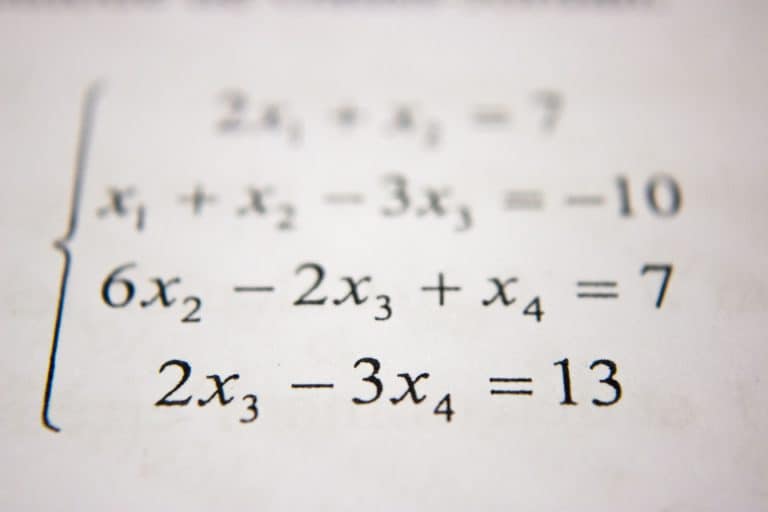
6) HCSSiM (Hampshire College Summer Studies in Mathematics)
Program Dates: June 25th – August 5th (six weeks)
Application Deadline: Problem set released late March, rolling admissions but usually run out of spots in mid-April
Cost: $5,780 (financial aid available)
International Students: Yes
7) MathILy
Program Dates: Bryn Mawr College, June 25th – July 29th (five weeks)
Application Deadline: April 25th, 2022
Cost: $4,950 (financial aid available)
International Students: Yes
8) Summer Academy for Math and Science (SAMS) at Carnegie Mellon University
Program Dates: July 1st – August 5th (five weeks)
Application Deadline: March 15th, 2023
Cost: Free
International Students: Yes
9) SUMaC (Stanford University Math Camp) – Online
Program Dates: (Online) Session 1 June 19th – July 10th, Session 2 July 17th – August 4th (3 weeks each)
Application Deadline: February 1st, 2023
Cost: $3,550 (financial aid available)
International Students: Yes
The programs on this list are valuable experiences – they’re just a little less competitive than the A-Tier programs. Hampshire College, MathILy, SAMS, Mathworks and SUMaC Online still provide participants with worthwhile mathematical experiences and new relationships with like-minded peers.
HCSSiM is similar to Mathcamp in its flexibility and wide scope of topics covered, focusing on enjoying math for the sake of the subject and providing a number of fun extracurricular activities and excursions. To get a better sense of how the program provokes critical thinking from its students in a fun way, check out some sample questions from their “Interesting Test”, their admissions problem set.
MathILy students are more focused on mathematics instruction, which is great for students looking to get some serious problem-solving done. In the first two weeks of “Root Class”, students learn discrete mathematics, covering combinatorics, graph theory, affine geometry, and theoretical linear algebra. Then, students start “Week of Chaos”, which covers a lot of different topics, even ones requested by students ahead of time. Finally, they finish the last two weeks with “Branch Class”, which for 2023, will cover topics like topological graph theory and discrete & computational geometry.
SAMS was not on this list before because it is not focused solely on math, but I’ve decided to add it here for more visibility. SAMS gives underrepresented STEM students, low socioeconomic status students, and first-generation prospective college students the opportunity to complete Quantitative and Computational Skill seminars in math and science. To qualify for the program, applicants must “Have an experience that demonstrates a commitment to diversity and inclusion in education, extra-curricular activities, and/or community engagement” and students from underrepresented backgrounds are “strongly encouraged” to apply. Students are also coached on the college admissions process and given opportunities to reconnect with CMU community members in October and December.
SUMaC Online is down here because I just don’t see as much value in an online program though the SUMaC curriculum and instructors help to keep this program above a C-Tier in my eyes.
All of these programs will likely be recognized on your resume by admissions officers and show a deep curiosity for mathematics, which is great for demonstrating intellectual curiosity in STEM fields. Also, keep in mind that A or B-Tier programs can have even more admissions value if you make a great connection with a math mentor or professor, and they are willing to write you a glowing supplemental recommendation letter.
C-Tier: Great for Younger Students

10) Mathworks at Texas State
Program Dates: June 21st – July 29th (six weeks)
Application Deadline: April 15th, 2023
Cost: $5,400
International Students: Yes
11) MathILy-Er
Program Dates: June 25th – July 29th (five weeks) at Eastern University
Application Deadline: Rolling admissions starting in Spring, April 25th,2023 for “full consideration”
Cost: $4,950 (financial aid available)
International Students: Yes
12) AwesomeMath
Program Dates: Online, Session 1: June 5th – June 23rd, Session 2: June 26th – July 14th, Session 3: July 17th – August 4th
Application Deadline: Early deadline: January 19th, 2023 – Late 2 deadline: May 22nd, 2023
Cost: $1075 – $1,375 per course (discounts given for earlier applicants)
International Students: Yes
**13) MathPath
Program Dates: June 25th – July 23rd (four weeks) at Lewis and Clark College
Application Deadline: Rolling but recommend applying before mid-March
Cost: $5,350 (financial aid available)
International Students: Yes
**For middle school students
As the title suggests, these programs are great for younger students looking to develop mathematically over the summer or boost their resume to apply to a more competitive math summer program the next year. The top programs often answer questions about whether or not students get accepted to their program if they were rejected the year previous, and the answer is always yes! With another year of mathematics instruction and new mathematical experiences under their belt (like, perhaps, one of these C-Tier programs), top math programs will take notice and hopefully change their mind the next year. These programs can also be great backup options for students applying to more competitive math programs with really low acceptance rates.
And don’t get me wrong, these C-Tier programs also have admissions value, but they require a little more work to reap their benefits.
Mathworks doesn’t require applicants to solve a problem set, so it’s a much more accessible experience to apply for. Mathworks students interact directly with Texas State professors, making it a great option for finding a math mentor and asking them for a recommendation for college applications down the line.
MathILy-Er is similar to MathILy but for “students who are slightly earlier in their chronology or mathematical development”. While I don’t know this with certainty, I would assume that younger students who successfully and actively take part in MathILy-Er would have a great chance of acceptance to MathILy or another more competitive program the following year.
AwesomeMath instructors were heavily involved in IMO, USAMO, and other math competitions, and the curriculum focuses a lot on covering topics that help students to perform better in math competitions. Awesome Math is purely an online program now, so there’s not really an opportunity to develop a relationship with a math mentor, but with its competition focus, I see its value in helping students prepare for and increase scores for tests like AMC/AIME/USAMO, which certainly holds admissions value for students applying to STEM programs.
MathPath is geared towards middle school students aged 11-14 and is a great program to give them a head start with high school math topics and beyond.
As always, these lists are just my opinion and there is always room for debate as to where they should rank, but I can confidently say the above programs are run well and great options for younger students interested in math to spend time in the summer.
Bonus Programs
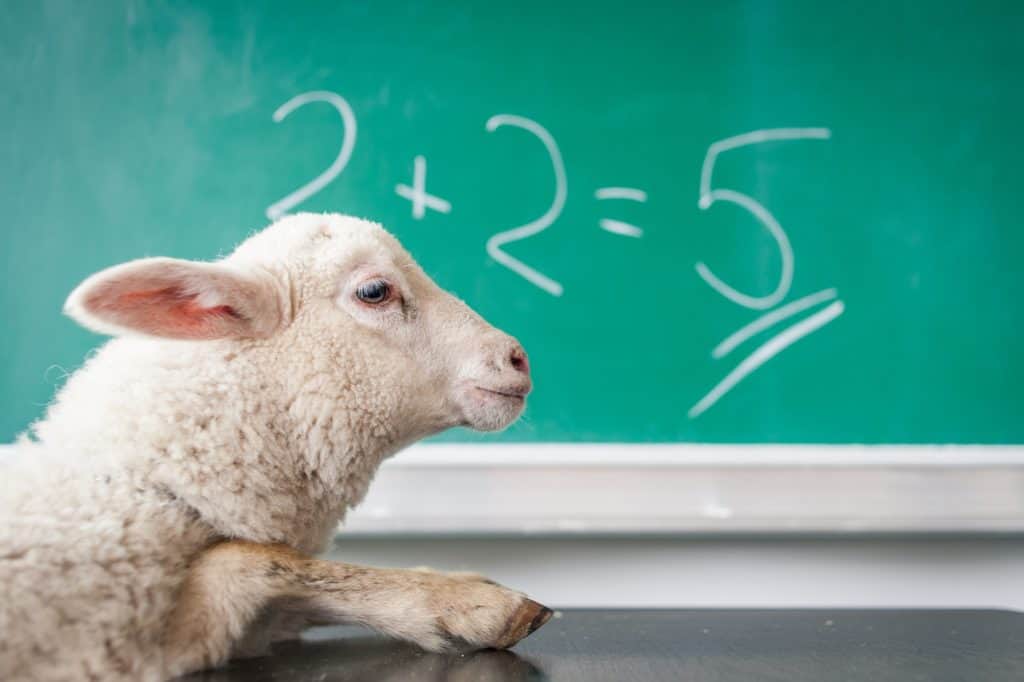
This year, I’m adding additional math summer opportunities for high schoolers that I just don’t know enough about to rank in the above list. I’m particularly curious about some of these math research programs. To graduate with an undergraduate math degree, I had to take a Math Research Capstone class that was incredibly daunting even as a math undergrad, so I’m curious how these programs help high schoolers learn about or participate in current math research.
While I doubt that any programs down here will have the same admissions value as an A-Tier program, high schoolers should consider them if they are intellectually curious about math beyond their school curriculum. Like I tell my mentorship students all the time, not every choice that you make in high school has to be geared toward college admissions.
Summer Workshops in Math at Duke
Rutgers Young Scholars Program in Discrete Mathematics
Mathematics Camp at Illinois Tech
LSU Math Circle: High School Math Research Program
The Math Collaboration Group’s Math Circle
Michigan Math and Science Scholars
You can check out a more streamlined list of math opportunities for high school, undergraduate, and graduate students at AMS’ Mathematical Opportunities page.
Also, check out our list of the Best Math Summer Programs for 2022
Or our list of the Best Math Summer Programs for 2021







